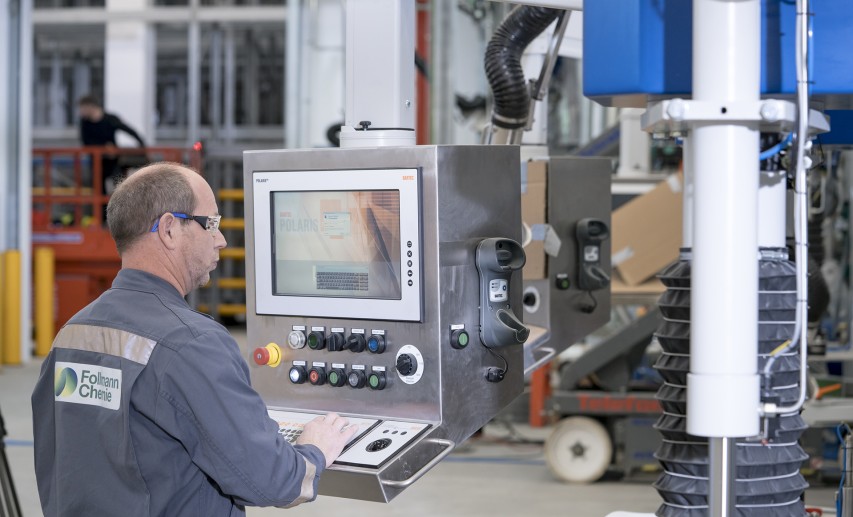In a joint memorandum, the chemical union IGBCE and the German Chemical Industry Association (VCI) appeal to the future German government to improve the framework conditions for medium-sized companies in the sector.
“Medium-sized companies in the chemical-pharmaceutical industry can hardly survive in international competition anymore due to the deterioration of the framework conditions. There is an urgent need for a rethink here and for politicians to take consistent countermeasures.”
- Henrik Follmann, Chairman of the Committee of Independent Entrepreneurs
Good approaches in the coalition agreement of the future German government must now be translated into concrete political action.
With a view to the plans of the “traffic light” in energy policy, the organizations welcome the fact that the EEG levy, which is a particular burden on SMEs, is to be financed from the federal budget in future. Around 1.2 billion euros of the levy per year has so far been shouldered mainly by small and medium-sized chemical companies, for which there are hardly any exemptions. “Germany’s energy prices are a burden both for the industrial location and for social peace,” says Michael Vassiliadis, chairman of the IGBCE. “We need a radical energy turnaround, also in terms of the tax burden. The transformation will not succeed without a multiple of climate-neutral electricity — and that affordable for every citizen and every business.”
SMEs also view the EU Commission’s plans for a “Chemicals Strategy for Sustainability” with considerable concern. Numerous regulations on classification, labeling and environmental protection are to be changed. Brussels is also planning blanket regulations for groups of substances with certain properties. In the future, restrictions are to be implemented in a fast-track procedure without prior risk assessment and consultation with manufacturers. This would significantly reduce the number of available chemicals — and thus also the number of medium-sized companies and jobs. “The new chemicals strategy must retain the scientific
risk assessment,” demands VCI President Christian Kullmann. “Ideologically motivated bans on individual substances would not only hit companies, but also set back the development of new, sustainable products for climate protection. No one in Brussels can want that — and not in Berlin either.”
A major problem for SMEs is the current level of bureaucracy. Overly bureaucratic and therefore slow approval procedures as a result of rigid administrative structures are paralyzing SMEs. IGBCE and VCI therefore expect the German government to halve planning and approval times as a goal. According to the IGBCE and VCI, there is considerable scope to speed up approval procedures by shortening deadlines and digitizing processes in the authorities.
Job guarantor and reliable factor for prosperity in the regions
In the chemical and pharmaceutical industry in Germany, more than 90 percent of the companies belong to the SME sector. These 1,900 predominantly family-run companies generate sales of over 61 billion euros with around 175,000 employees. This corresponds to a good 30 percent of the industry’s total sales. Often located away from the major population centers, SMEs are a reliable local force, offering secure, skilled jobs and attractive training opportunities for young people. In no other country in the world do chemical SMEs play such an important economic and structural role as in Germany.

















